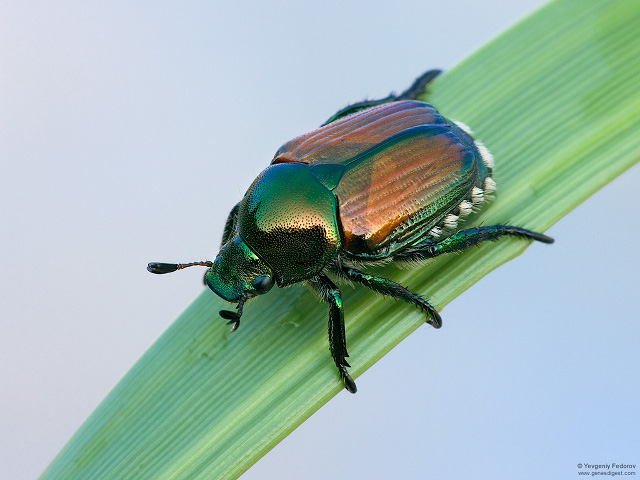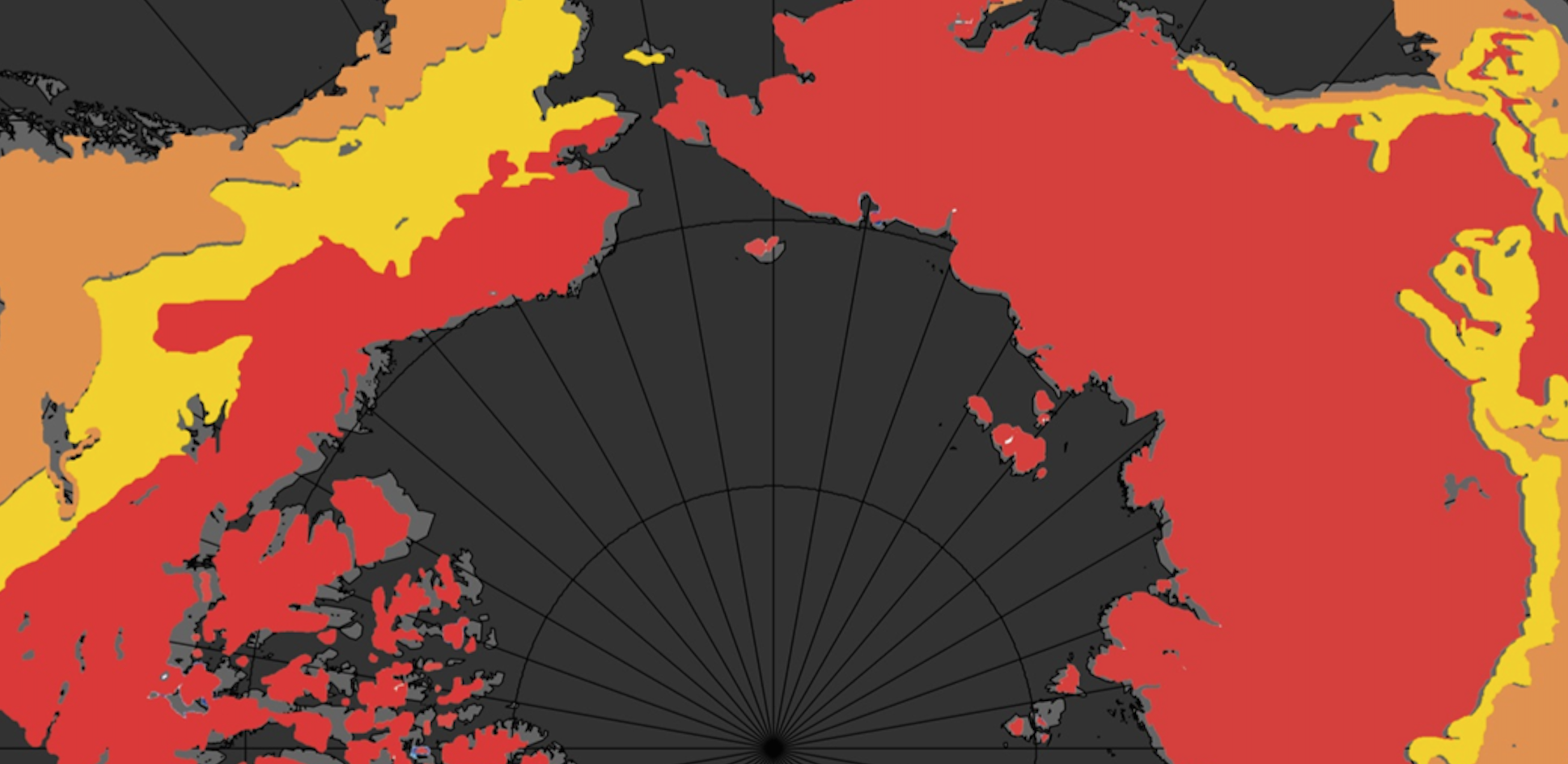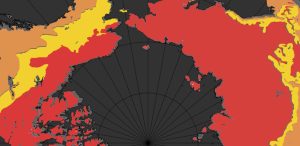Data extraction from digital repeat photography using xROI: An interactive framework to facilitate the process
Digital repeat photography and near-surface remote sensing have been used by environmental scientists to study environmental change for nearly a decade. However, a user-friendly, reliable, and robust platform to extract color-based statistics and time series from a large stack of images is still lacking. Here, we present an interactive open-source […]


